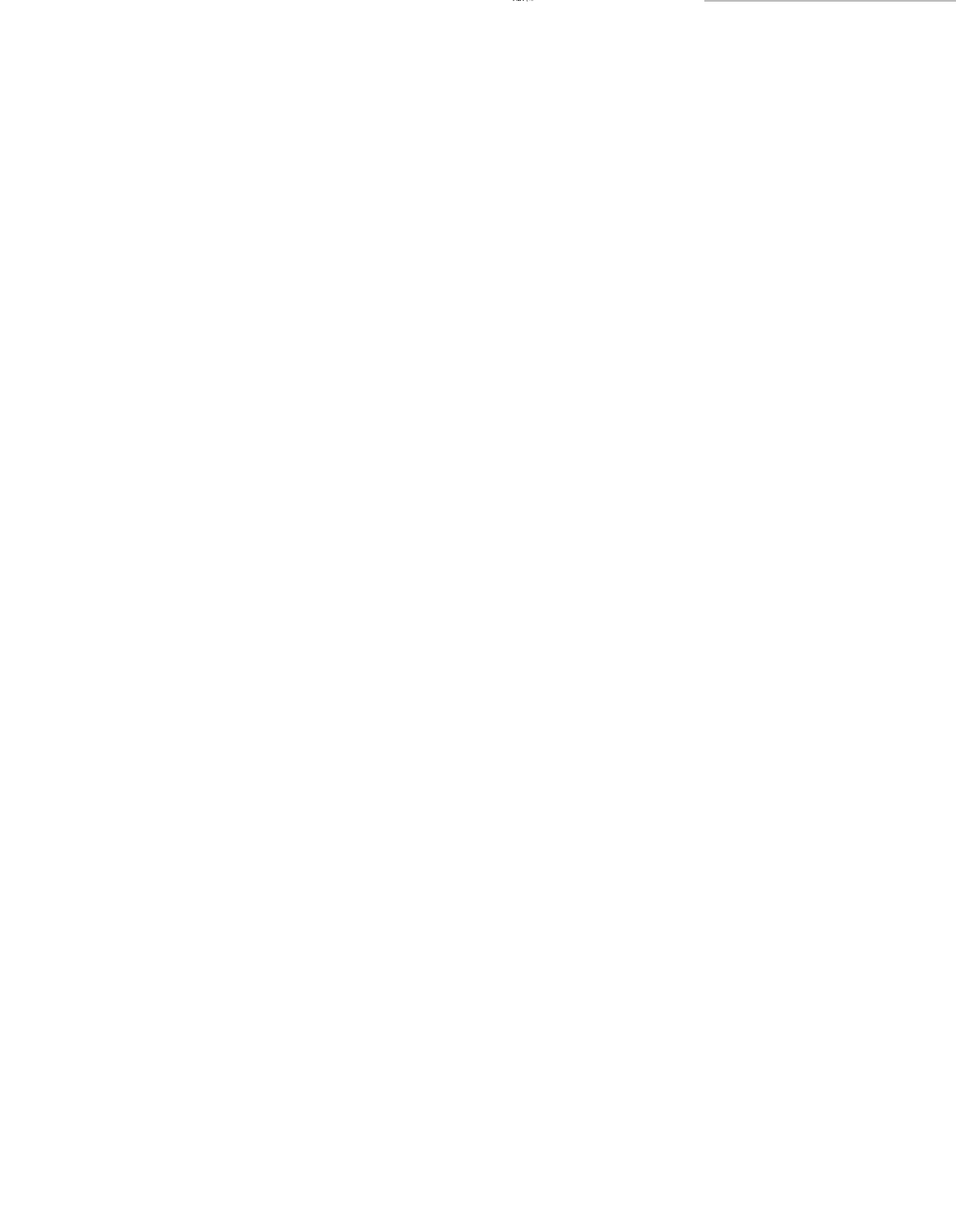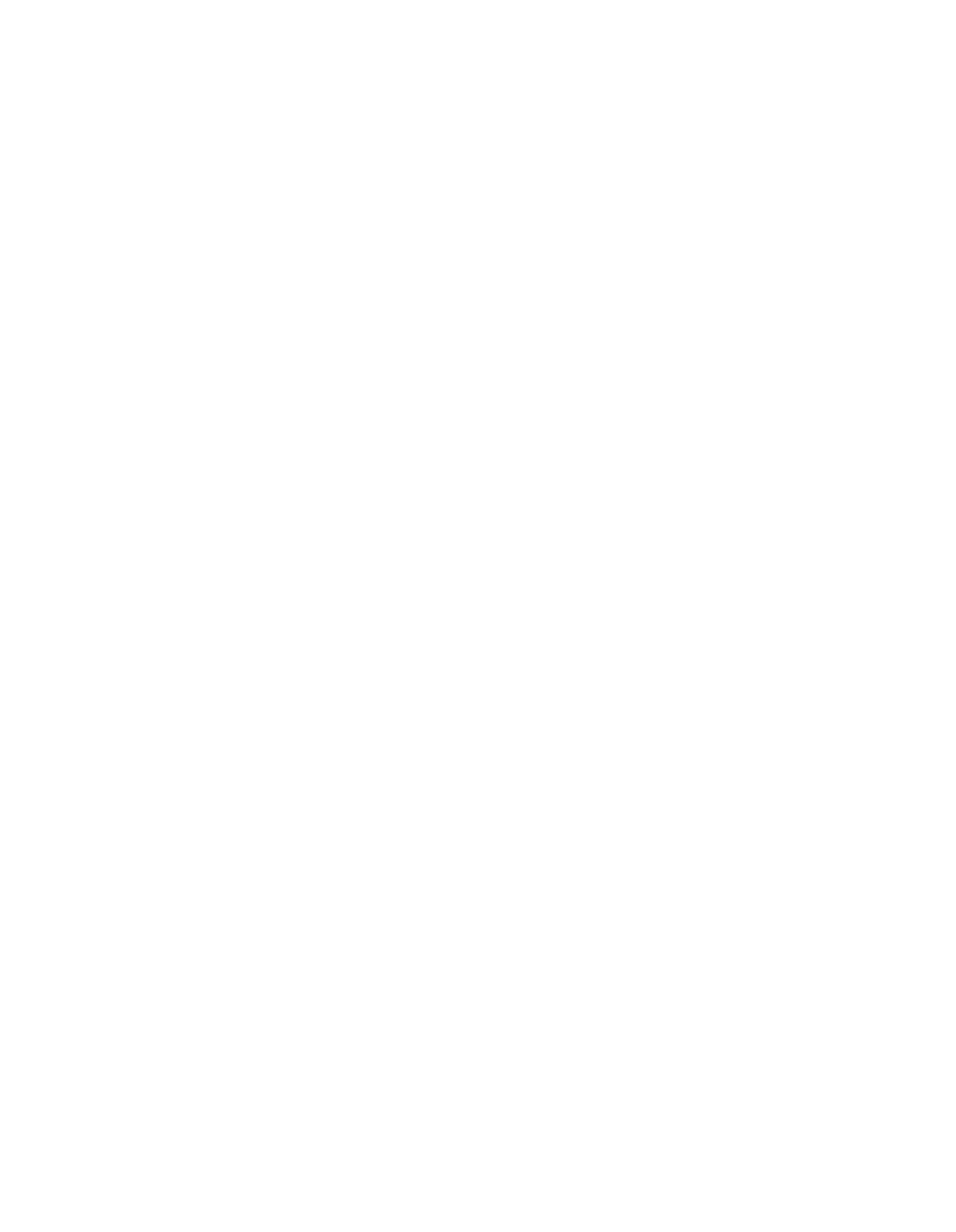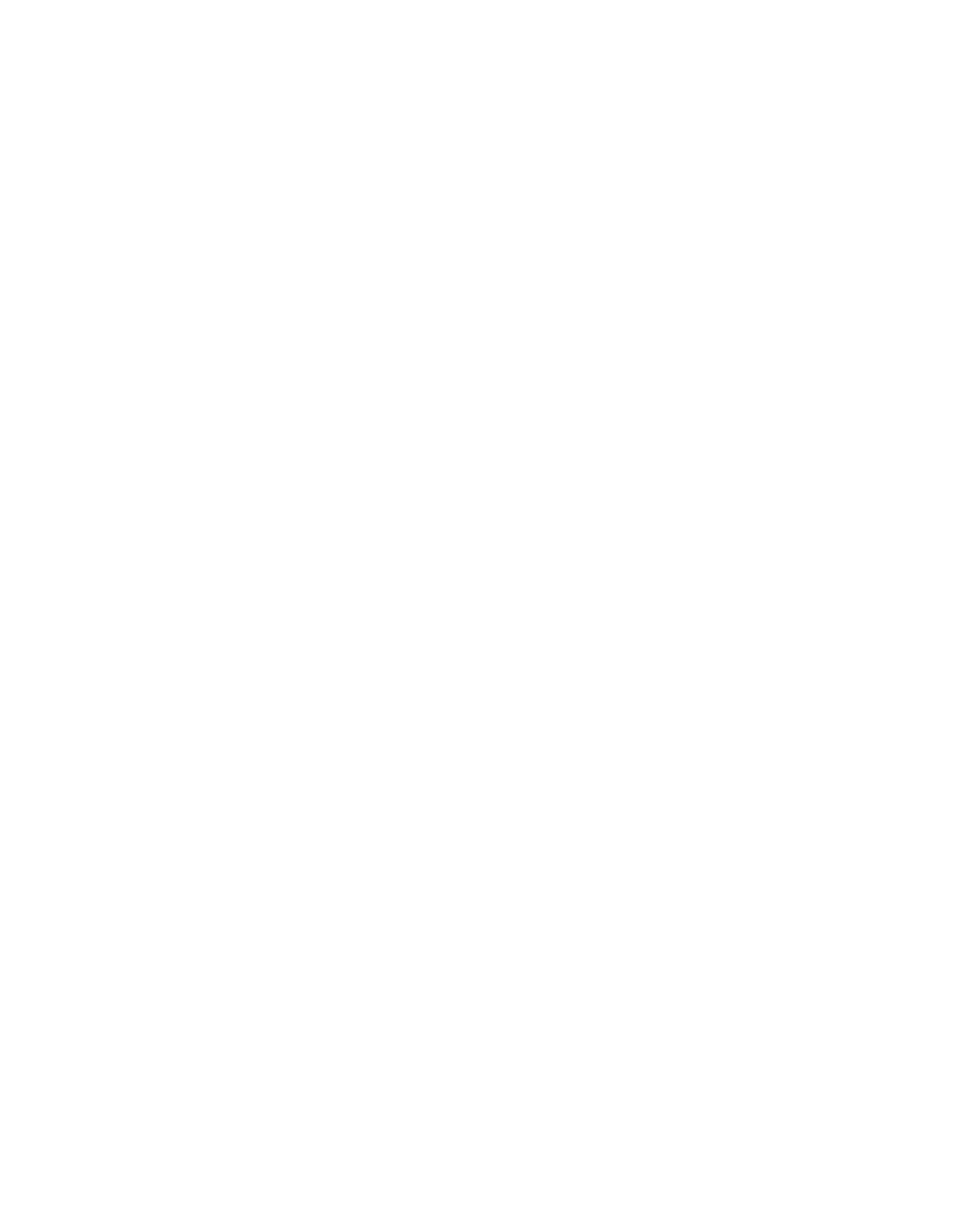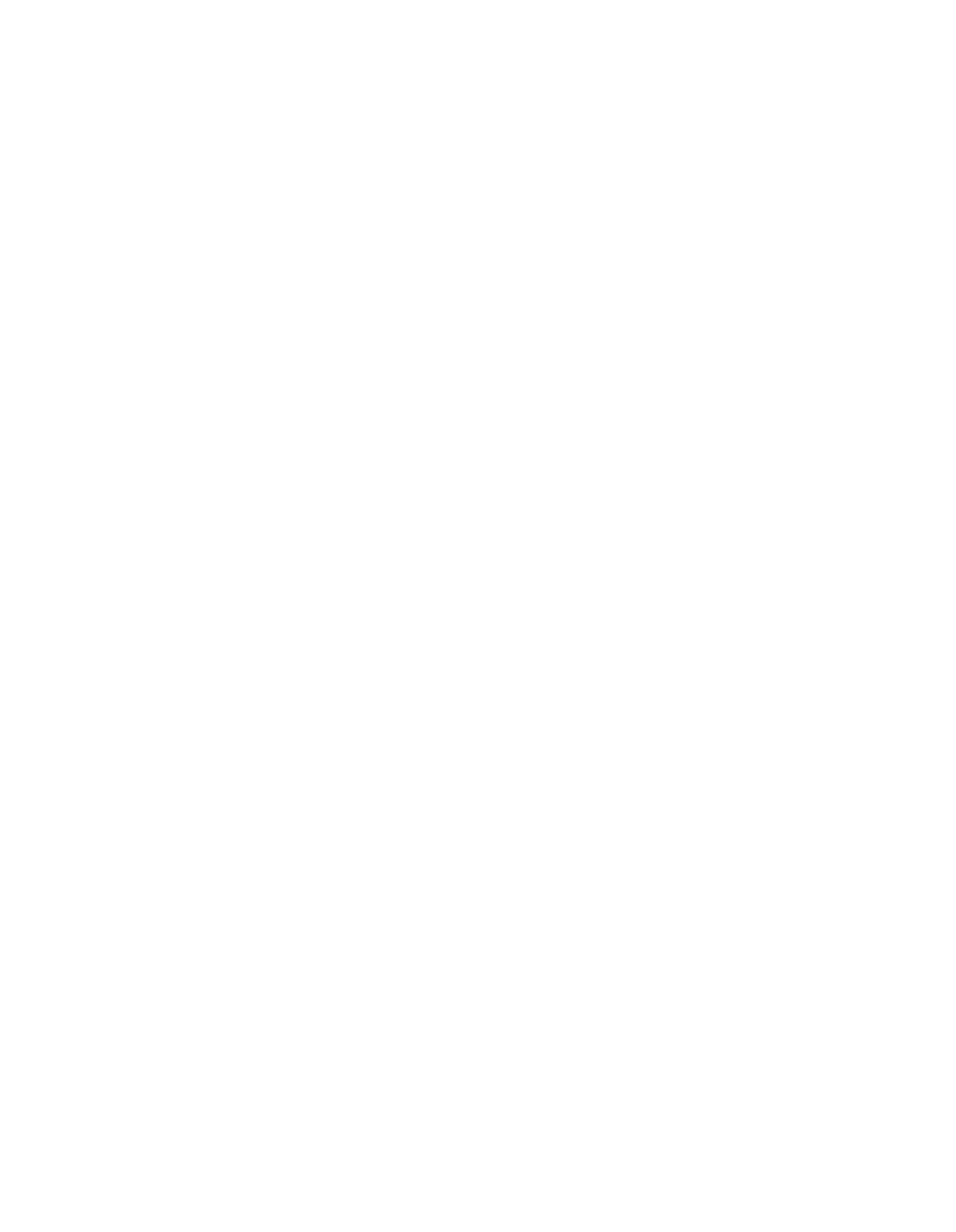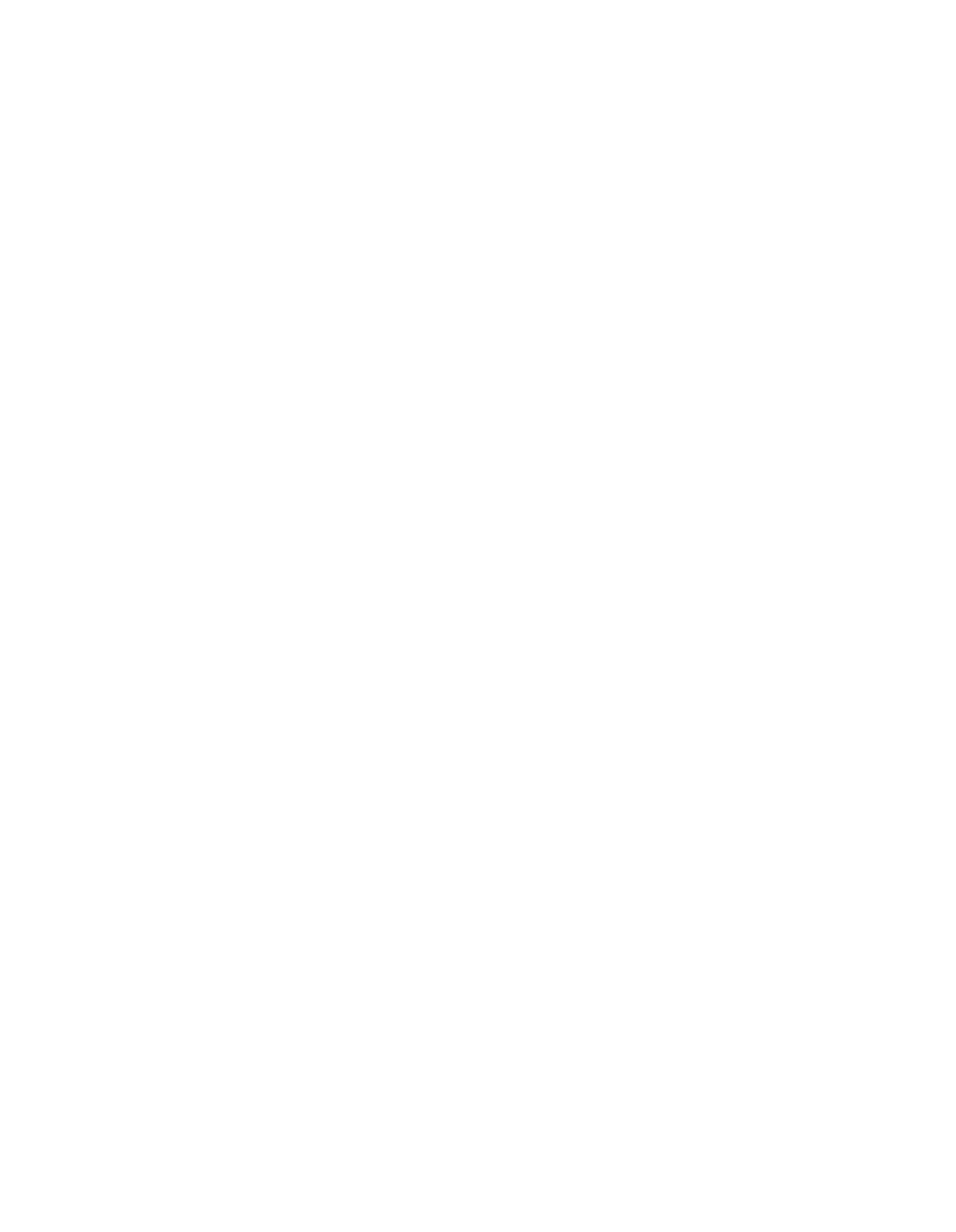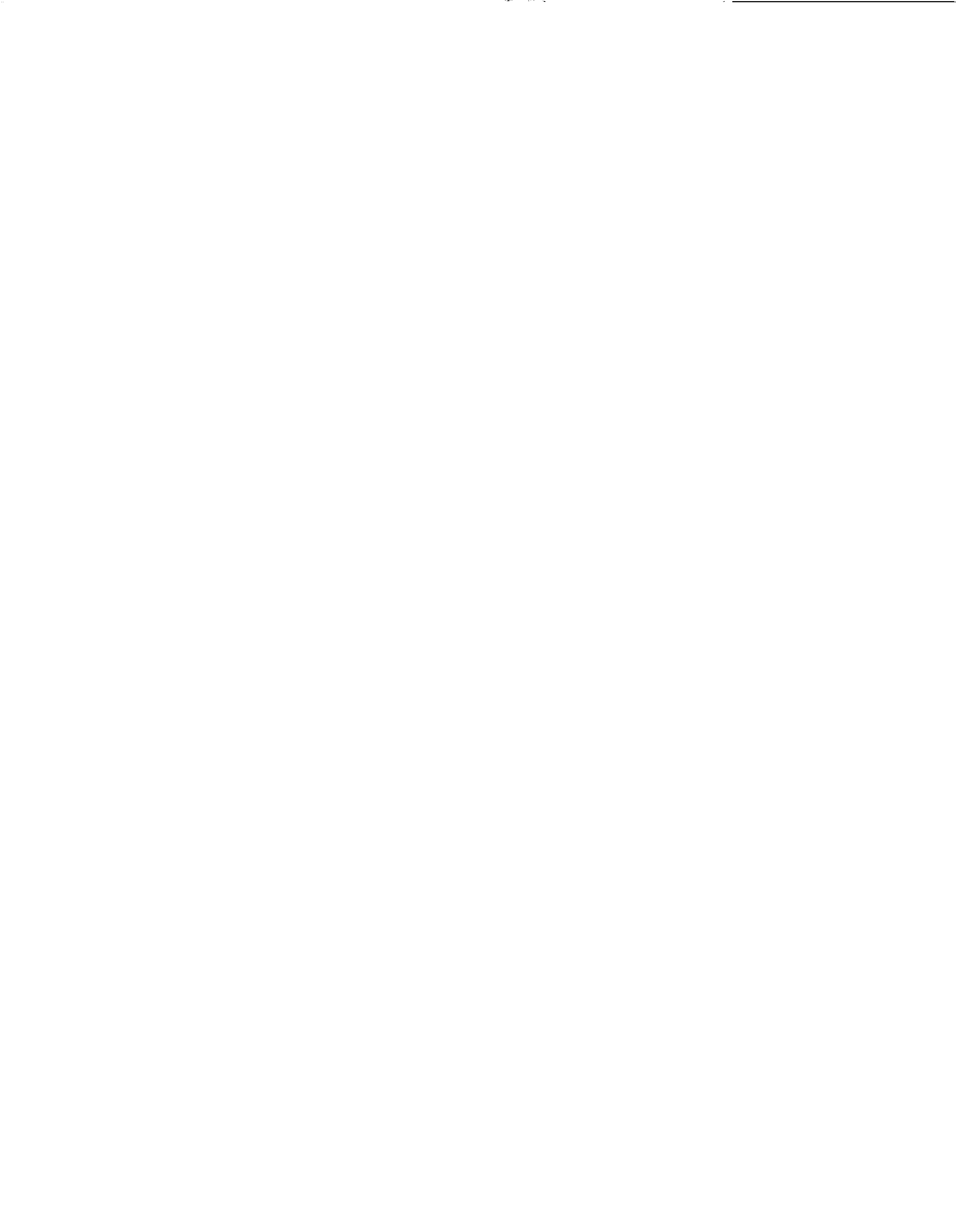Dorothy M. Gunn, Clerk
Illinois Pollution Control Board
James R.
Thompson Center
100 West Randolph Street
Suite 11-500
Chicago, IL
60601
BEFORE
THE
POLLUTION
CONTROL BOARD
OF THE STATE
OF ILLINOIS
Bradley P. Halloran, Hearing Officer
illinois Pollution Control Board
James R. Thompson Center
100 West Randolph Street
Suite 11-500
Chicago, IL
60601
RECE WED
CLERK’S OFFICE
SEP
16
2004
STATE OF ILLINOIS
Pollution Control Board
F. Ronalds Walker
Plews
Shadley Racher
& Braun
1346 North Delaware Street
Indianapolis, IN
46202
PLEASE
TAKE
NOTICE that
I
have
today
filed
with
the
office of the
Clerk of the
Pollution
Control Board a MOTION FOR RECONSIDERATION and TO DISMISS,
copies of which are herewith
served upon you.
Respectfully submitted,
ILLINOIS ENVIRONMENTAL PROTECTION AGENCY,
Respondent
~
K4-y~,&m.hJ
J
J.KiinC/
Assistant Counsel
Special Assistant Attorney General
Division of Legal Counsel
1021 North Grand Avenue, East
P.O. Box 19276
Springfield, Illinois 62794-9276
2171782-5544
2 17/782-9143 (TDD)
Dated: September
15,
2004
JOHNSON
OIL COMPANY,
)
Petitioner,
)
V.
)
PCB No.
04-190
ILLINOIS ENVIRONMENTAL
)
(LUST Appeal)
PROTECTION AGENCY,
)
Respondent.
)
NOTICE
BEFORE THE POLLUTION CONTROL BOARD
OF THE STATE
OF ILLINOIS
JOHNSON OIL COMPANY,
)
SEP
16
20G4
Petitioner
)
)
STATE OF ILLINOIS
ILLINOIS ENVIRONMENTAL
)
Pollution Control
Board
PROTECTION AGENCY,
)
Respondent.
)
MOTION FOR
RECONSIDERATION and
TO DISMISS
NOW COMES
the Respondent, the Illinois
Environmental Protection
Agency (“Illinois
EPA”), by
one of its
attorneys, John J. Kim,
Assistant
Counsel
and
Special
Assistant
Attorney
General, and,
pursuant to
35
Iii.
Adm.
Code
101.520
and
101.902,
and by
motion filed no
later
than
35
days
following the receipt of an
order
entered by
the Illinois
Pollution
Control
Board
(“Board”) on September 2, 2004, hereby respectfully moves the Board to reconsider that order in
that the Board erred in its
decision.
The Illinois
EPA received service of the Board’s order on
September 6, 2004.
In support ofthis motion, the Illinois EPA states as follows:
I.
STANDARD
FOR REVIEW
The purpose ofa motion
for reconsideration is
to bring to the court’s or Board’s attention
newly-discovered
evidence which
was not
available
at the time of the hearing, changes
in
the
law, or errors in the court’s or Board’s previous
application of the existing law.
Vogue Tyre
&
Rubber
Company v.
Office ofthe State Fire Marshal,
PCB 95-78 (January 23,
2003), citing to,
Citizens Against
Regional
Landfill v.
County
Board of Whiteside County,
PCB 93-156 (March
11,
1993), and Korogluyan v.
Chicago Title
& Trust Co.,
213 Ill. App. 3d 622,
572 N.E.2d 1154
(Vt
Dist.
1992).
The Illinois
EPA argues that the Board’s order dated September 2, 2004 (“September 2~
order” or
“Order”)
was
incorrect on
two
points.
First,
the Board
erred
in
its
application
of
PCB No. 04-190
(LUST Appeal)
I
existing
law regarding
its acceptance of what is characterized as an amended petition for review
filed by the Petitioner on August 23, 2004.
Second,
the Board erred in its
application ofexisting
law when it granted a motion for admission ofJohn D. Moriarty on
apro hac vice
basis.
Based
upon
these
errors,
the Board
improperly
accepted the
Petitioner’s
August
23,
2004
filing
and
therefore should instead dismiss
the pending appeal.
II.
THE BOARD HAS NO JURISDICTION OVER THIS APPEAL
The Board
must
dismiss
the pending appeal
on
the basis that
there
is
no jurisdiction
to
hear the appeal.
This lack ofjurisdiction is based upon the failure ofthe Petitioner to timely file
a sufficient
and adequate petition for review within the time allowed by Section
40(a)(l) of the
Illinois Environmental Protection
Act (“Act”) (415 ILCS 5/40(a)( 1)) and Section
105.406 of the
Board’s procedural rules
(35
Ill.
Adm.
Code
105.406).
On May 6,
2004,
the Board entered
an
order
extending
the
time
to
file
a
timely petition in
this
matter
to
July
28,
2004
(“July
28th1
petition”).
On July
28,
2004,
the Petitioner filed a
petition seeking
to
appeal
a
final decision
issued
by
the
Illinois
EPA
on
March
19,
2004.
On August
5,
2004,
the
Board
accepted the
petition as timely filed but
also
found the petition
to
be deficient.
The Board then ordered the
Petitioner to file a
“new petition”
on or before September .4, 2004,
finding that the corporation
could not be represented by its manager.
The Board went on
to state that its
decision deadline
would
recommence with
the filing of an
amended petition.
On August 26,
2004,
the Petitioner
filed an
“amended” petition (“August 26~filing”),
and
in
the September 2~order,
the Board
accepted the August 26~
filing.
Order, p.
1.
As the Board noted in an
order dated August
5,
2004, the individual that signed the July
28th
petition was identified as a manager ofJohnson Oil
Company, not as an
attorney.
It was not
2
until
the August
26id
filing that an attorney,
F. Ronalds Walker,
entered an appearance on behalf
ofthe Petitioner.
It is well-settled law
in
Illinois that a pleading
signed by a person who
is
not licensed
to
practice law
in
the State
is
a
nullity
even if
a duly
licensed attorney
subsequently appears
in
court.
Blue v. People ofthe State ofIllinois, 223
Iii. App. 3d
594,
596,
585 N.E.2d 625, 626
(2u1~~
Dist.
1992) (Citing,
Fruin
v.
Northwestern
Medical Faculty
Foundation,
Inc.,
194
Ill.
App.
3d
1061,
1063,
551
N.E.2d 1010,
1012 (Vt Dist.
1990)).
Where one not licensed to practice law has
instituted
legal
proceedings on
behalf of another,
the suit
should
be
dismissed; if the suit has
proceeded to judgment, the judgment is void and will be reversed.
Id.;
See also, Midwest Home
Savings and
Loan Association v.
Ridgewood, Inc.,
123 Ill. App.
3d
1001,
1005, 463 N.E.2d 909,
912
(5th
Dist.
1984).
Under Illinois
law,
a
corporation
can file a
complaint only through
a
licensed
attorney,
and
any
action
filed
without
an
attorney
is
null
and
void
ab
inilio.
Berg
v.
Mid-America
Industrial, Inc.,
293
III. App.
3d
731,
732,
688 N.E.2d 699,
700
(Vt
Dist.
1997).
Corporations
may not
appear in
court through
a
layperson,
only by
a
licensed
attorney.
Any proceedings
which ensue in a case involving a layperson representing
a corporation
are null
and
void.
This
rule requiring initiation ofan action by a duly licensed attorney applied
even where the lay agent
merely
files
the
complaint
over
his
own
signature,
and
all
subsequent
court
appearances are
made by a duly licensed
attorney.
The purpose of the rule
is to
protect the litigants against the
mistakes of those
ignorant of the
law
and
the schemes of the unscrupulous,
and
to
protect
the
court
itself in
the
administration
of its
proceedings
from
those
lacking
requisite
legal
skills.
Berg,
293
Ill. App.
3d
at
737,
688 N.E.2d at 704;
Janiczek
v.
Dover Management
Co.,
134
Ill.
App. 3d 543, 546, 481
N.E.2d 25, 26
(1st Dist.
1985).
3
This
general
rule has been found to
extend beyond
actions in
circuit
court,
including
a
finding
that
an
appeal
initiated
by
a party
without representation of
an
attorney
licensed
to
practice in Illinois
was a nullity.
Midwest Home,
123
Ill.
App.
3d at
1005, 463
N.E.2d at
912.
Also
included
in
the
type
of actions
within the
scope
of the
general
rule are
administrative
proceedings.
Oak
Grove Jubilee Center, Inc.
v.
City of Genoa,
347
Ill.
App.
3d
973, 985,
808
N.E.2d 576, 588 (2’~
Dist. 2004) (Citing to, Janiczek,
134 Iii. App. 3d at 545, 481
N.E.2d at 26)).
The Janiczek court referred to this general rule prohibiting representation ofcorporations by non-
Illinois licensed attorneys as a strict one.
Janiczek,
134 Ill. App. 3d at
545,
481
N.E.2d at 26.
There
have been
some
noted
exceptions
to
the
general
rule,
but they have been
very
narrowly
drawn
and
still
pay
heed
to
the
general
rule.
In
Janiczek,
the
court
relied
on
the
particular
facts that
the
action
in
question was initiated
by
a
then-duly licensed
attorney who
subsequently was disbarred.
In the case ofMcEvers
v. Stout,
218
Ill. App.
3d 469,
578
N.E.2d
321
(4th
Dist.
1991),
the
appellate
court
also
noted
and
adhered to
the
general
rule,
but
again
found
a
narrow
exception
based
on
the
facts in
that
case
involving
an
out-of-state
attorney
having initiated the complaint in question.
Here,
there
is
no
question that
the Petitioner’s
July
28th
petition was not
signed
by
an
attorney licensed in Illinois (or any
other state, for that matter).
It was not until the August 26”
filing that an
attorney entered an appearance on behalfof Johnson Oil Company.
The July
28th
petition that
initiated
the present
appeal
was
not
filed by
and
through
an
attorney
licensed
in
Illinois.
The relevant and applicable case law, all ofwhich is clear and on point, requires that the
Board dismiss the present appeal
as a nullity.
If the Board were to proceed to judgment on the
merits,
all
applicable
legal precedent would result in the final decision also being found to
be
a
4
nullity.
The Board
should
reconsider its
decision to
accept the “amended” petition
and
instead
should dismiss the present appeal based on the plethora ofrelevant case law.
III.
THE
BOARD’S PROCEDURAL RULES REQUIRE DISMISSAL
There
is
an
equally
compelling
alternative reason
for
the Board
to
dismiss
the present
appeal.
As
the Board has noted
on many occasions,
an
appeal that is not timely filed cannot be
heard since the Board lacksjurisdiction to do so.
Solid Waste Agency of Northern Cook County
v.
City of Des Plaines, PCB 03-16 1
(June
5,
2003);
Dewey’s Service. Inc.
v. Illinois
EPA, PCB
99-107 (February 4,
1999).
A review of the Board’s procedural rules regarding the timely filing
ofpetitions makes clear that the present appeal should be dismissed for lack ofjurisdiction.
Section
101.300(b) of the Board’s rules
(35
Iii.
Adm.
Code
101.300(b)) provides
that
documents will
be
considered filed when they are filed in
conformance with
the requirements
found in
Section
101.302 ofthe procedural
rules and
any
other
filing requirements specifically
set
out in
other parts of the procedural
rules.
Section
101.400(a)(2). of the Board’s procedural
rules
(35
III.
Adm.
Code
101.400(a)(2)) provides
that
any person other than individuals
must
appear through an attorney at law licensed and registered to practice law in Illinois.’
The July
28th
petition filed by the Petitioner did not comply with the Board’s procedural
rules,
in
that
it specifically was not
filed by an
attorney licensed
in
Illinois.
The deadline for
filing a timely petition is set forth in both
Section 40(a)(1) ofthe Act as well as Section
105.406
of the Board’s procedural
rules.
The
Board
cannot
accept the July
28th
petition
as
being
in
conformance
with
its
procedural
rules,
since it
violated
Section
101 .400(a)(2)
of the Board’s
procedural rules.
Since the August 26r~~
filing was the first time a “petition”
was filed on behalf
This
requirement,
also
imposed pursuant
to
Section
1
of
the
Corporation Practice
of Law Prohibition
Act
(705
ILCS 220/1)
and Section
1
of the Attorney Act
(705
ILCS
205/1),
was adopted by the Board in recognition that
its
previous practice allowing non-attorneys to represent a corporation
was not consistent withthe Attorney Act and the
Corporation Practice of Law Prohibition Act.
5
of
the Petitioner by
an
attorney licensed
in
Illinois,
and
since that
filing was over
a month after
the
time
allowed pursuant
to
the Board’s extension order dated
May 6,
2004,
the Board has no
choice but
to
conclude
that the
August 26~filing
was untimely.
The Board
must
dismiss the
appeal
since the
only
petition that
conformed
with
the Board’s
procedural
rules
was filed
on
August
26, 2004,
and pursuant
to Section
101.300(b) ofthe Board’s procedural
rules,
that
is
the
date of filing
an
acceptable petition.
That date is
well beyond the deadline for filing
an appeal
here,
and for that reason the Board
lacksjurisdiction to hear this appeal.
Ifthe Board allows the
appeal to proceed, it has granted itself relief from the requirements
and
prohibitions set
forth in
Section
40(a)(l)
of the
Act
and
Section
105.406
of the
Board’s
rules;
such
deviation
from
statutory and regulatory standards is simply not allowable.
IV.
THE
BOARD CANNOT GRANT
PRO
HAC VICE MOTIONS
Also included in the Board’s September 2~order was the granting of a motion to
allow
John D. Moriarty
to
appear
pro hac
vice
before the Board.
This
act by
the Board
was taken
pursuant to
Section
101.400(a)(3) ofthe Board’s procedural rules.
However, it is questionable at
best whether the Board, or any other administrative agency, has the authority to grant such relief.
In the case
of People
ex
rel. The Chicago Bar Association
v.
Goodman,
366
Iii.
346,
8
N.E.2d 941
(1937),
the
Illinois
Supreme Court
held that
neither
the General
Assembly or an
administrative agency has the authority to grant a layman the right to practice law.
This
holding
was been followed in the case ofPerto v. Board ofReview, 274 Ill. App. 3d 485, 654 N.E.2d 232
(2~
Dist.
1995).
In Perto, the court noted that in
Illinois, only licensed attorneys are permitted to
practice
law.
The
legislature has no
authority to
grant a nonattorney
the right
to
practice law
even if limited
to practice before
an
administrative agency.
The ultimate
authority to
regulate
6
and
define the practice of law rests with
the Illinois
Supreme Court.
Perto,
274 Ill.
App.
3d
at
493, 654 N.E.2d at 238
(Citing to, Goodman, 366 Ill, at 349,
8
N.E.2d at 941).
In the present situation, the Board’s authority to
grant a motion
pro hac
vice
rests solely
in
Section
101.400(a)(3)
of the Board’s procedural
rules.
Pursuant
to
the Goodman
and
Perto
cases,
however,
only
the
Illinois
Supreme
Court
and
other courts
of the
state can
grant such
motions.
There
is
no
authority
that
supports the contention
that
an
administrative agency can
grantan out-of-state licensed
attorney the ability to
practice in Illinois
in
an adjudicated matter.
To
the
contrary,
there
is
specific
authority
that
neither
the
legislature
nor
an
administrative
agency
can
allow
an
unlicensed
individual
to
practice
law
in
Illinois.
But
for
the
Board’s
September
2nd
order,
Mr. Moriarty would have no
basis for practicing law in the present appeal,
in that he is no different than a layperson in terms ofhis ability to practice law in Illinois.
Based upon the inherent inability ofthe Board to
grant a motion
pro hac vice,
the Board
should
reconsider the portion of its
September
~
order and
deny the motion
for admission of
Mr.
Moriarty.
The Illinois EPA is
not raising any claims or concerns regarding Mr.
Moriarty’s
qualifications
as an
attorney
licensed
in
Indiana;
rather, it
is
contesting the Board’s
decision to
grant any out-of-state attorney the right to
practice law before it.
V.
CONCLUSION
The Illinois
EPA respectfully requests that
the Board
reconsider its
decision set
forth in
the September 2’~
order
and dismiss
the present appeal.
The failure of the Petitioner
to
have a
licensed
attorney file the petition renders the
filing
itself a nullity.
Also,
in
the alternative,
the
petition filed on July 28, 2004,
did not conform with the Board’s requirements and thus could not
be
accepted
as being
filed.
The only
conforming petition was filed on August
26,
2004,
well
after the time
allowed
for filing
a timely petition.
That filing
should
be
dismissed
for lack of
7
jurisdiction since it was untimely.
Finally,
the Board
should reconsider its decision to
grant the
motion
pro hac
vice
and
instead should
deny
motion
on
the basis
that
it
lacks the authority
to
grant such relief.
Respectfully submitted,
ILLINOIS ENVIRONMENTAL PROTECTION AGENCY,
Respondent
Assistant Counsel
Special Assistant Attorney General
Division ofLegal
Counsel
1021 North Grand Avenue, East
P.O. Box
19276
Springfield, Illinois 62794-9276
217/782-5544
217/782-9143 (TDD)
Dated:
September
15,
2004
This filing submitted on recycled
paper.
8
